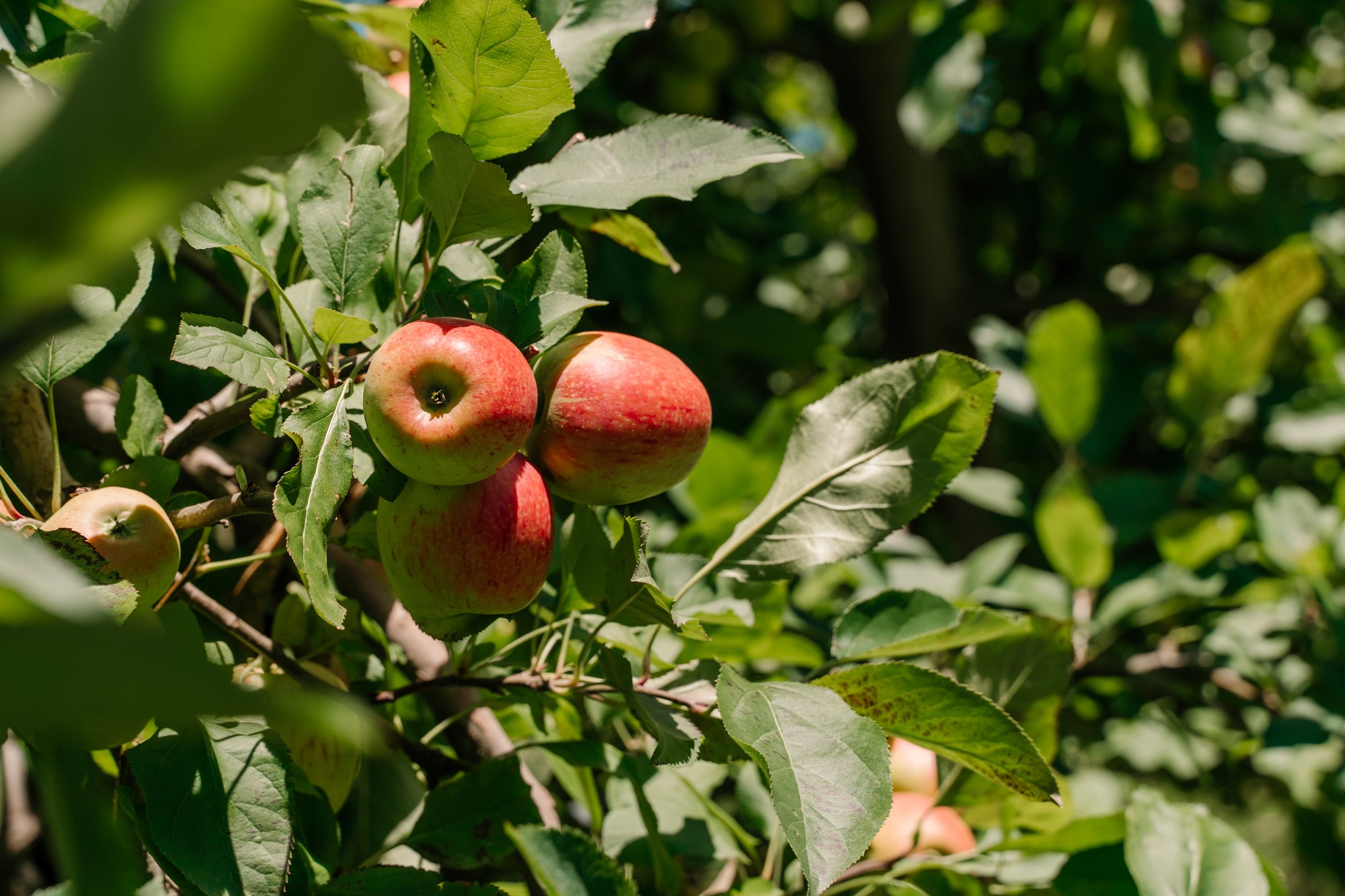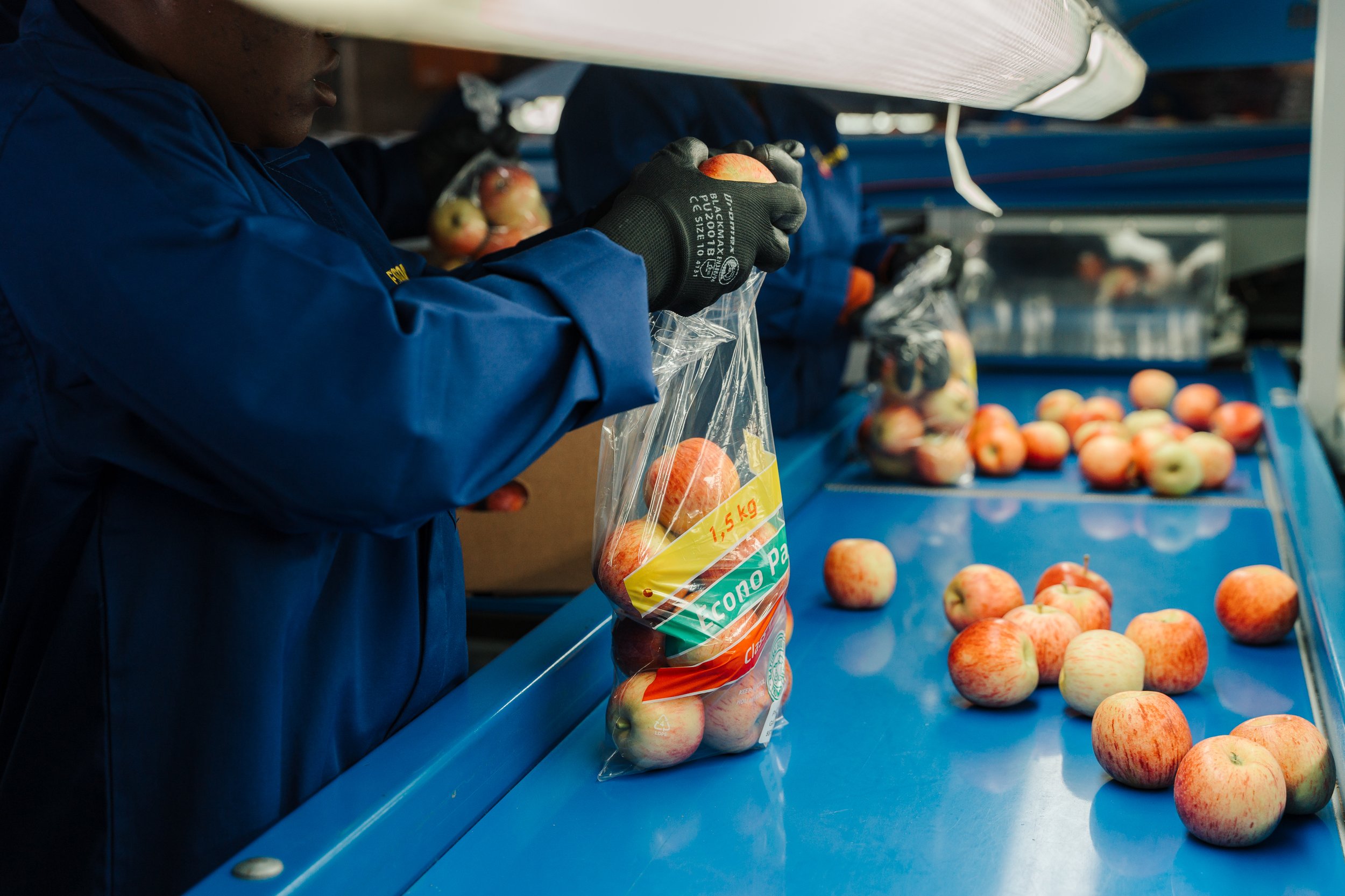
How we farm at Sesisonke
Our approach to Regenerative Agriculture
Our farming philosophy forms the foundation of our practices, with our objective firmly being to make a difference to the world around us through our sustainable farming system.
At Sesisonke, we start by testing and balancing the soils. It is vital to begin with a clear understanding of the soil and how it works. After this, we look at the tillage – making sure not to over-till. After these initial steps of balancing and preparing the soil, only then do we plant the crops.
Every hectare of potatoes is planted with compost. With irrigated potatoes we use vermi-compost. Simply speaking, vermi-compost uses certain species of earthworms to enhance the process of organic waste conversion. This can improve the biological, chemical, and physical properties of the soil. We make quite a lot of vermi-tea extract to spray onto the crops with our foliar feeds. The Andermatt Madumbi range of foliar feeds form the basis of all our tea sprays.
In order to stay on top of disease and pest management we still use chemicals, but try to stay away from any traditional chemicals and red label products. We find that as we go, we are becoming more and more confident, and as a result, have to use these less and less.
After the crops have been harvested, if there is a window before the next planting season, we try to plant a green crop. The reason for this is to keep living roots in the soil. About 30% of the energy a plant gets from the sun is fed into the soil. This is important as it effectively feeds the microbes.
Through the adoption of these practices, we have found that the change to our soil has been radical. The soil has become a lot softer and we see a lot of earthworms – which we never used to before. They are especially apparent in planting season, which is a positive sign.
The Journey…
“My journey into sustainable agriculture, and the way we farm, began when two things happened, one after the other.
The first happened when I was planting potatoes with my young son and as kids love to do, he was playing in the soil and eating it. At that stage we were planting potatoes with Temik, everyone knows it as “Two-Step”, a pesticide widely used at the time. It’s quite a serious poison. I worried about whether this was safe for my son and thought to myself that we shouldn’t be using this to grow our food.
Around the same time, I planted a circle of potatoes and a third of it was in virgin soil. We usually expect there to be a much better crop on previously cultivated lands, which we supplement with nutrients, as opposed to the new land, but it was the exact opposite way around.
It dawned on me at that stage that the virgin soil has something that the other soil doesn’t have, and it’s not about nutrients.
That’s when the search began, to see how we can improve our understanding of the soil, how we can farm better, more holistically and more sustainably, to produce healthier, more wholesome food. As a result of these two experiences, the journey truly began.”
– James Leslie









